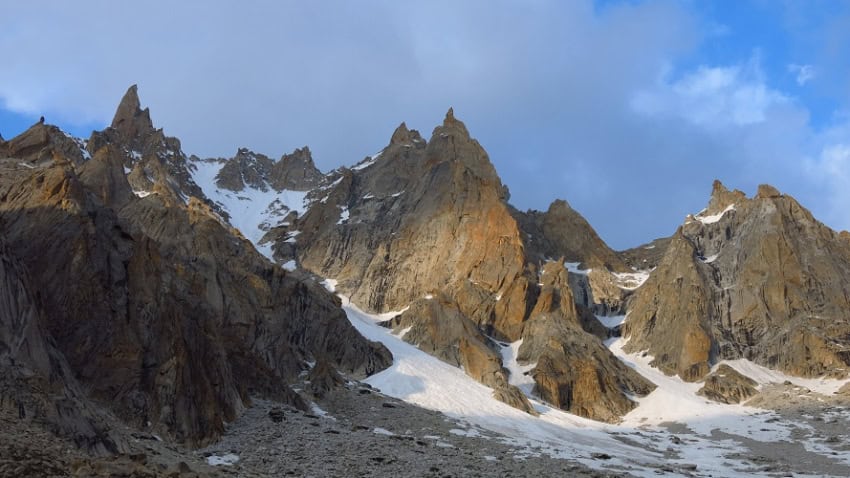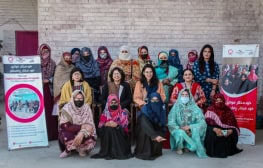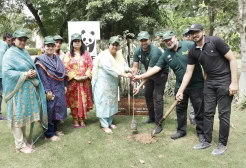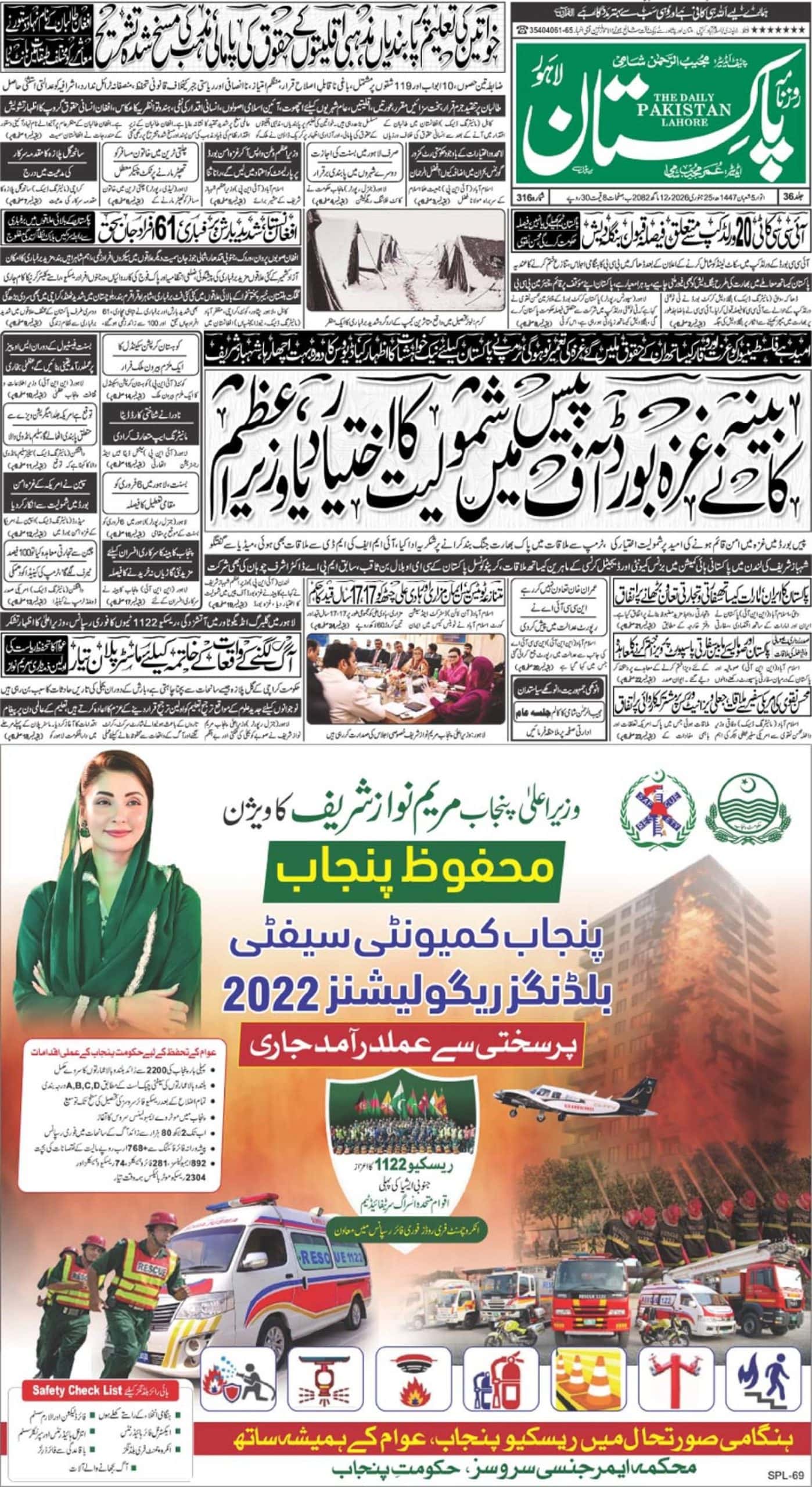ISLAMABAD – The Cryosphere Initiative of International Centre for Integrated Mountain Development (ICIMOD) has collaborated with the Pakistan Agricultural Research Council (PARC) to organize a training workshop on remote sensing and field-based glacier and snow monitoring in Pakistan.
The training workshop led by Sher Muhammad, Remote Sensing Specialist – ICIMOD, started on March 14 and concludes on March 17.
At least 34 participants from 22 different partner organizations, institutes, and universities are participating in the workshop while over 550 applications were received from interested candidates, of which, 17 applicants were selected, and the remaining participants were invited from partner institutes.
The trainees will be capacitated in cryosphere monitoring in the HKH region, understanding the results and implications of glaciers change, and publish peer reviewed articles on remote sensing and glacier and snow monitoring in future.
Pema Gyamtsho, DG, ICIMOD and Ghulam Muhammad Ali, Chairman, PARC will address the workshop participants in the inaugural session.
ICIMOD conducts national (Pakistan-specific) and regional training on glacier monitoring in collaboration with local partners with continuous observations every year. ICIMOD aims to build the capacity of students and professionals, especially in those parts of the region where glacier and snow monitoring is limited.
“A number of datasets and tools are freely available but there is limited capacity of researchers in Pakistan on glacier monitoring using such available data,” according to the training focal person Sher Muhammad.
He further said, “To overcome this issue, ICIMOD has launched a capacity building program for early career researchers and students in Pakistan since 2019. Glacier monitoring using remote sensing images and field-based data is equally important for accurate glacier monitoring. Such data should be shared with relevant stakeholders and decision-makers to assess water availability and vulnerability to glacier-related hazards.”
The main objective of the training is to strengthen the capacity of participants on the monitoring of glaciers, glacial lakes and snow, and assessing downstream impacts using in-situ and remote sensing techniques and hands-on practice. It will enable the participants to generate and analyse data independently.
The training focuses on observing snow cover and glacier extent using various remote sensing classification techniques and analysis using R-software. The training will also cover an introduction to freely available remote sensing elevation datasets for mass balance estimation.














